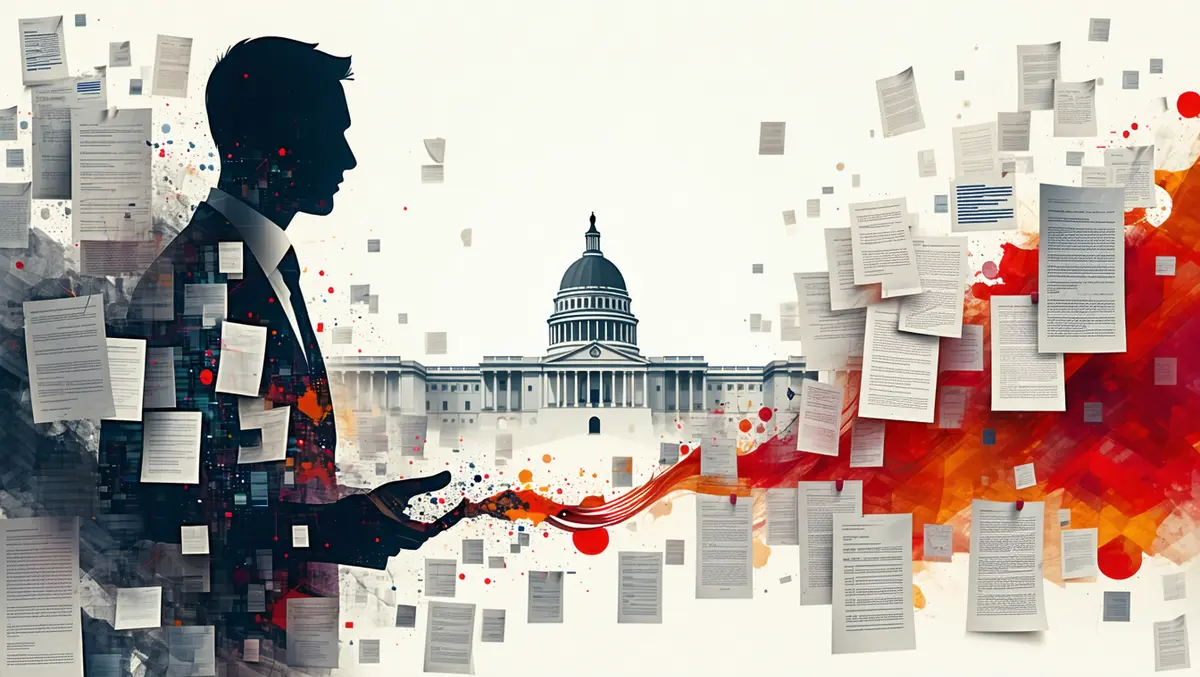
Concerns raised over accuracy of UK digital identity data
Human-rights charity Sex Matters has raised concerns about the integrity of digital identity systems in the UK, cautioning that inaccuracies in government records regarding individuals' sex could lead to significant issues as outlined in their new report.
The charity's report criticises the reliance on data from sources such as the Driver and Vehicle Licensing Agency (DVLA), the passport office, and the NHS, which frequently alter sex markers on official records. The report emphasises that this poses a risk to the Data (Use and Access) Bill, which is under discussion in the House of Lords. Sex Matters has called on officials to address the implications of using such data for identity verification processes.
Maya Forstater, Chief Executive Officer of Sex Matters, stated: "It is a basic requirement of data protection that organisations keep the information they hold about us accurate. But when it comes to data about our sex, this principle has been ignored for decades."
She further commented on the laxity of public bodies, saying: "Public bodies including the NHS, the passport office, the driving licence authority and many others have been slapdash, mixing up sex and gender identity and making it impossible to tell from official records who is really male and who is really female. This undermines everyone's safety and privacy."
The report highlights several risks associated with inaccurate sex data being integrated into the digital verification systems (DVS). Transgender individuals may find themselves misidentified as having "synthetic identities", potentially leading to exclusion from vital services like banking and housing.
Forstater warned: "The Data Use and Access Bill promises to enable the development of digital systems for proving who we are and facts about ourselves. But if it relies on existing corrupted data sets, it will fail. This will cause serious harm to individuals in areas including healthcare, policing, sport and single-sex services."
The inaccuracies in recorded sex can also affect safeguarding efforts by authorities, impairing their ability to assess risks concerning the sex of vulnerable individuals and potential abusers. In medical contexts, errors in sex data could lead to misdiagnoses and inappropriate treatments.
Additionally, individuals might have difficulties accessing sex-specific services such as cervical and prostate screenings if their sex is recorded incorrectly, and law enforcement efforts may be hampered when identifying people.
The report warns: "Service providers will be less able to use digital verification to develop services that create value in the economy and meet social needs, because digital records do not contain reliable sex information." Furthermore, there are concerns that individuals could be placed unexpectedly in intimate circumstances with members of the opposite sex, leading to discomfort and potential distress.
Despite the highlighted issues, Sex Matters sees the move toward digital identities as an opportunity to establish a more coherent system for accurately recording sex. Forstater concluded by saying: "We hope that the Parliamentary debate will address the harms and risks created by inaccurate sex data for groups including women, children and transgender people, and for service providers, as well as the disconnect between the government's commitment to protect single-sex services 'for biological women' and the lack of a clear data framework for recording sex."


